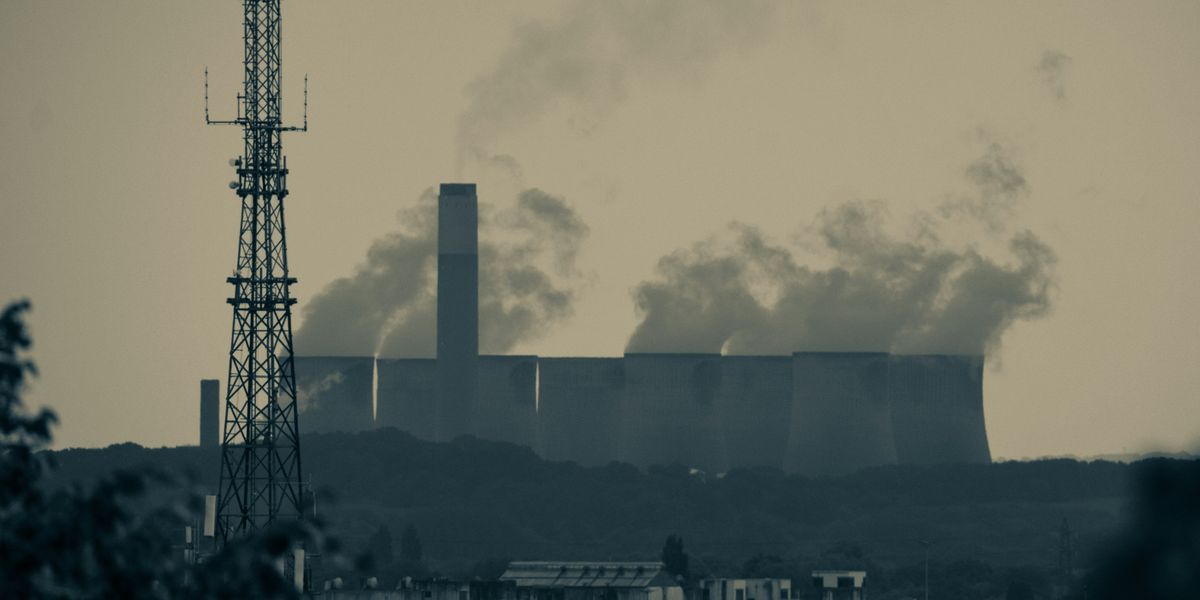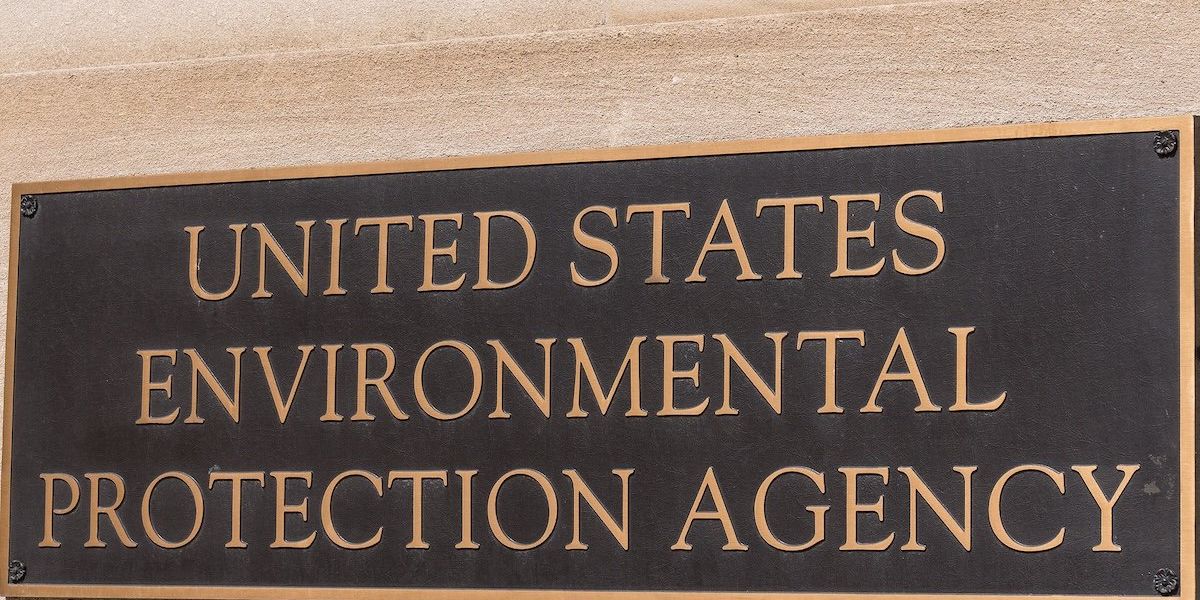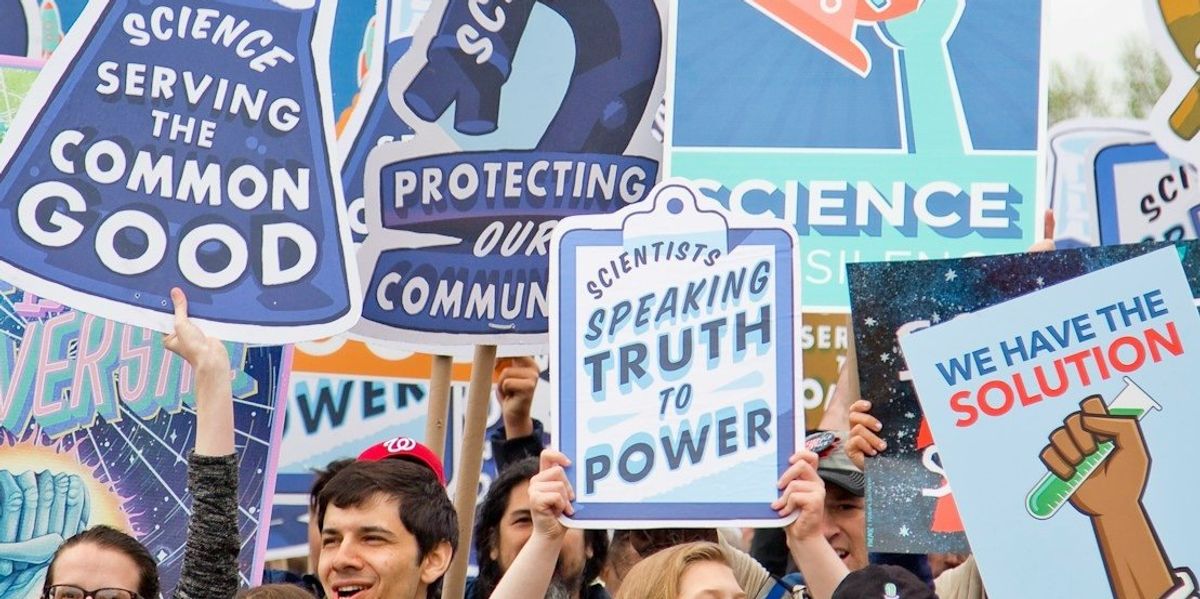oil and gas industry
Oregon’s biggest gas company isn’t as green as it claims
NW Natural promised Oregonians it would embrace renewable natural gas, but years later, the company continues to rely on fossil fuels while selling an image of sustainability.
In short:
- NW Natural launched a campaign to promote renewable natural gas, yet continues to sell as much fossil fuel as before.
- Internal documents reveal the company used public relations strategies to downplay the growing pressure to phase out gas and electrify homes.
- Despite promises, renewable natural gas makes up less than 1% of the company’s supply today.
Key quote:
“The story they’re telling us is simply not possible. What they’re trying to do is to prevent being put out of business.”
— Phil Barnhart, former Oregon state representative
Why this matters:
As the climate crisis deepens, misleading sustainability claims delay real action on reducing fossil fuel dependence, prolonging exposure to harmful emissions. This kind of greenwashing isn't just misleading—it's dangerous. Read more: Hog waste-to-gas: Renewable energy or more hot air?
How a 2010 oil spill still shapes cleanup strategies today
Fourteen years after the Deepwater Horizon disaster, scientists remain skeptical that today’s oil spill response methods would be significantly more effective at managing a similarly catastrophic event.
In short:
- The Deepwater Horizon spill released 4.9 million barrels of oil into the Gulf, and only 2-6% was recovered.
- Advances in oil spill science and technology have improved recovery methods, but they remain largely ineffective for large spills.
- The rise of new oil production methods, including deep-sea drilling, increases the likelihood of future spills.
Key quote:
"I knew immediately that this would be ecologically and economically disastrous."
— Jeffrey Short, now-retired scientist from the US National Oceanic and Atmospheric Administration
Why this matters:
As long as we use fossil fuels, spills are likely to happen. Oil spills are the third largest source of oil in the sea. Experts warn that, despite some advances in spill response, another Deepwater Horizon-level spill would be similarly catastrophic.
Texas boosts oil-friendly courts to safeguard industry interests
On September 1, Texas will open new business courts, heavily influenced by Big Oil, with judges handpicked by Governor Greg Abbott, many of whom have deep ties to the fossil fuel industry.
In short:
- Texas’ new business courts will handle corporate cases, with judges selected by Governor Abbott, many of whom have histories defending fossil fuel companies.
- The courts, designed with little oversight, have been criticized for favoring industry interests, particularly in environmental cases.
- Environmental cases previously heard by more liberal courts will now be overseen by these conservative, industry-friendly judges.
Key quote:
“Greg Abbott created a boutique court for corporations where he, not the voters, gets to pick the judges.”
— Adrian Shelley, director of Public Citizen Texas.
Why this matters:
This move is a direct strike at environmental and public health advocacy. In a state where fossil fuel dominance is already crushing the push for green energy and stricter regulations, this court is poised to silence dissenting voices even further. Read more: ExxonMobil, LyondellBassel and Chevron among Houston’s top polluters.
New Interior Department policy to increase costs for oil drilling on public land
A long-awaited Interior Department policy will raise financial assurance and royalty rates, aiming to ensure cleaner operations and better returns for the public.
In short:
- The Department of Interior issued a new rule imposing stricter financial requirements for oil and gas companies on federal public land.
- Companies will now have to provide higher financial assurances for well cleanup and pay increased royalty taxes on extracted minerals.
- These changes aim to cut wasteful speculation, increase returns for the public, and protect taxpayers from environmental cleanup costs.
Key quote:
“These new regulations are the kind of common-sense reforms the federal oil and gas leasing program has needed for decades.”
— Athan Manuel, Sierra Club lands protection program director
Why this matters:
The new policy signifies a noteworthy shift in oil drilling regulation, aiming to ensure environmental protection and fairer returns for public resources, while also addressing climate concerns associated with methane emissions from abandoned wells. Read more: Oil and gas production responsible for $77 billion in annual U.S. health damages.
The looming cost of unaddressed oil well closures
As the oil industry faces a downturn, unplugged oil and gas wells present significant environmental and financial challenges, potentially burdening taxpayers with the cleanup bill.
Mark Olalde and Nick Bowlin report for ProPublica and Capital & Main.
In short:
- More than 2 million unplugged wells across the U.S. pose environmental hazards and contribute significantly to climate change through methane emissions.
- The financial provisions for well cleanup cover less than 2% of the estimated costs, leaving a substantial financial burden on taxpayers.
- Regulatory loopholes and insufficient enforcement allow companies to evade cleanup responsibilities, exacerbating the problem.
Key quote:
"The data presents an urgent call to action for state regulators and the Department of the Interior to swiftly and effectively update bond amounts."
— Shannon Anderson, organizing director of the Powder River Basin Resource Council
Why this matters:
The environmental and financial fallout from unplugged oil and gas wells affects public health and climate change indicating a pressing need for policy reforms to protect both the environment and taxpayer interests. Lax oversight and accounting sleights-of-hand help to make passing the buck on abandoned oil and gas wells a persistent and pernicious burden on the public good.
Oil firm settles with US and New Mexico over pollution issues
A Texas-based oil company has agreed to a multimillion-dollar settlement to tackle air pollution in America's top oil-producing area, with measures aimed at reducing emissions.
In short:
- Apache Corporation will pay $4 million in fines and invest more than $5 million in emission reduction at its Permian Basin operations.
- The settlement addresses Apache's failure to capture and control emissions, with violations detected via advanced surveillance methods.
- This effort is part of broader regulatory actions to enforce Clean Air Act compliance in the oil sector, signaling a significant push for environmental accountability.
Key quote:
“The ozone levels are rising, and you know, I think this is that moment where we have to hold up the mirror to industry and say, ‘If you don’t like what you see, it’s a reflection of your own effort.”
— James Kenney, New Mexico environment secretary
Why this matters:
This settlement is part of increased regulatory scrutiny on fossil fuel industry practices, aiming for a cleaner, healthier environment amidst rising ozone levels and greenhouse gas emissions. The harms from the fracking boom go well beyond cranking up global temperatures.



















